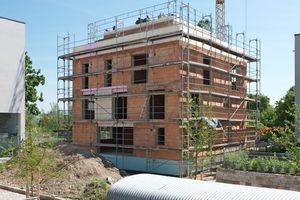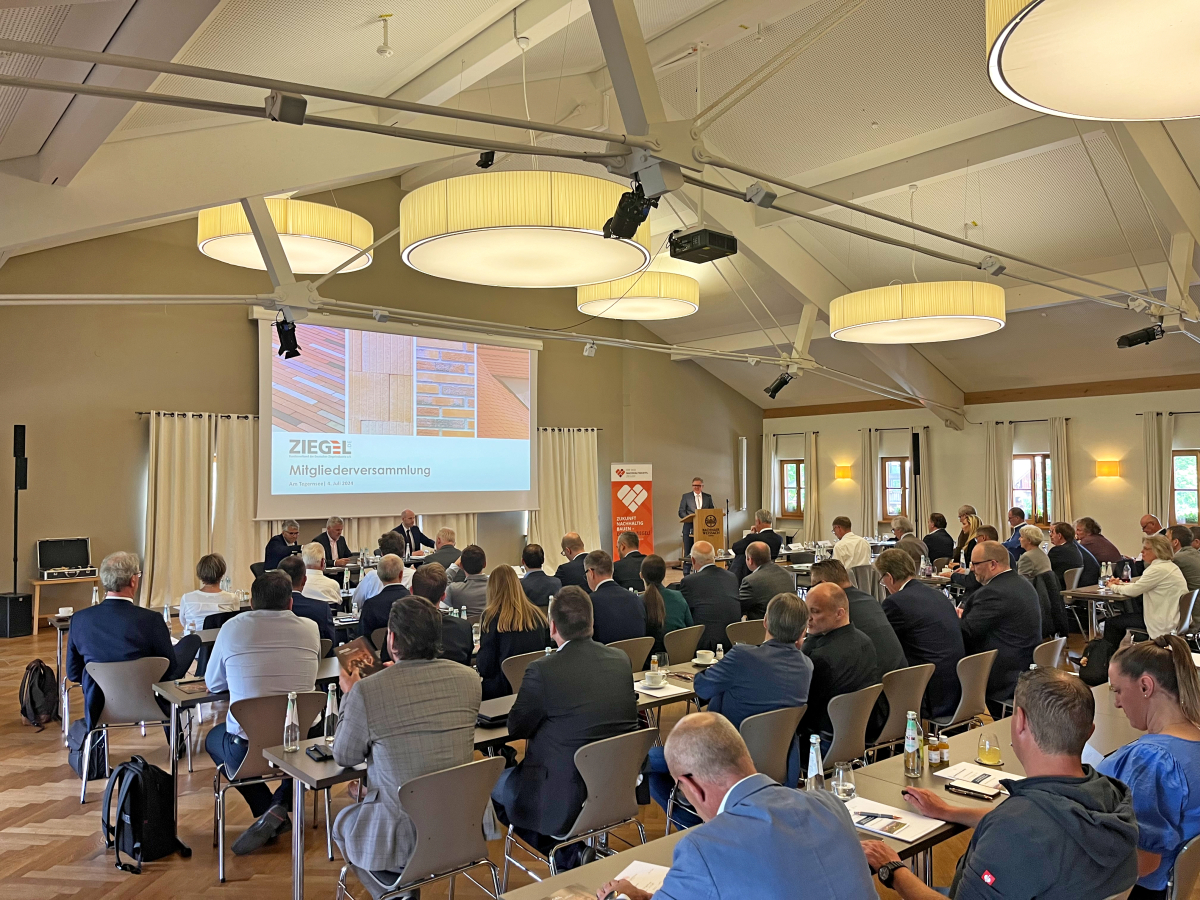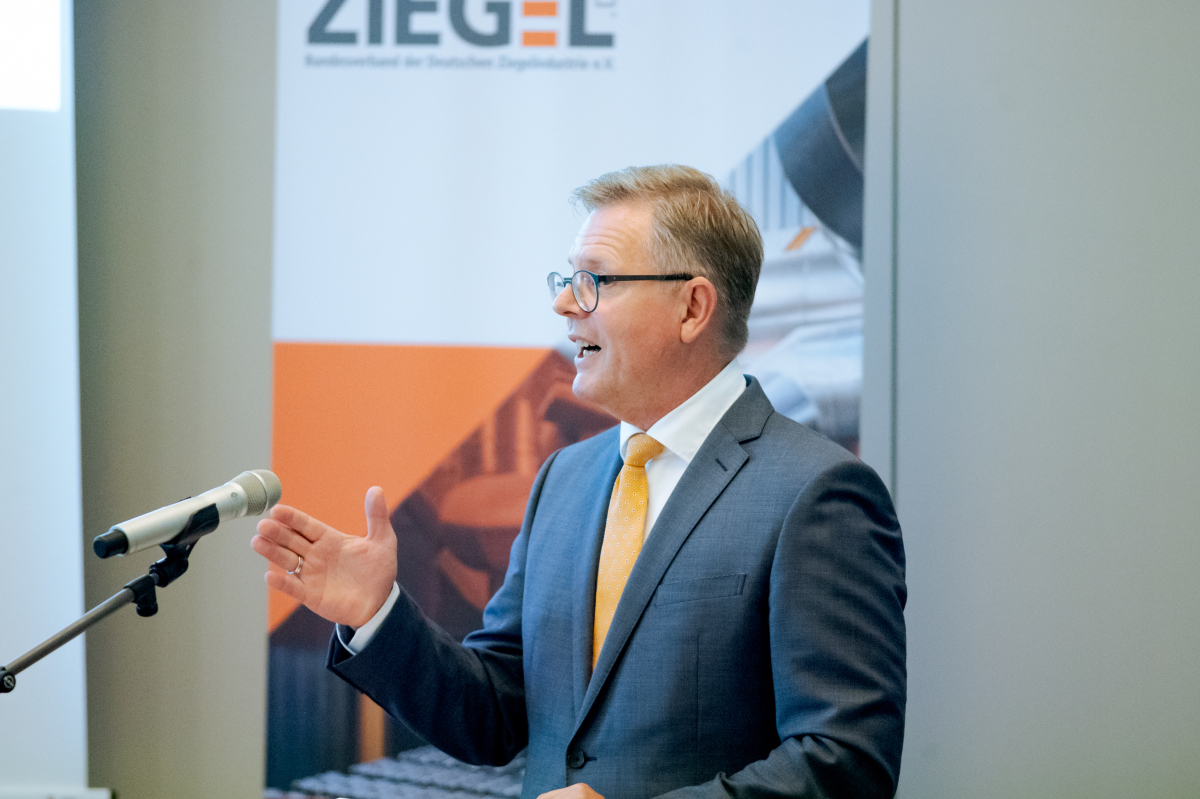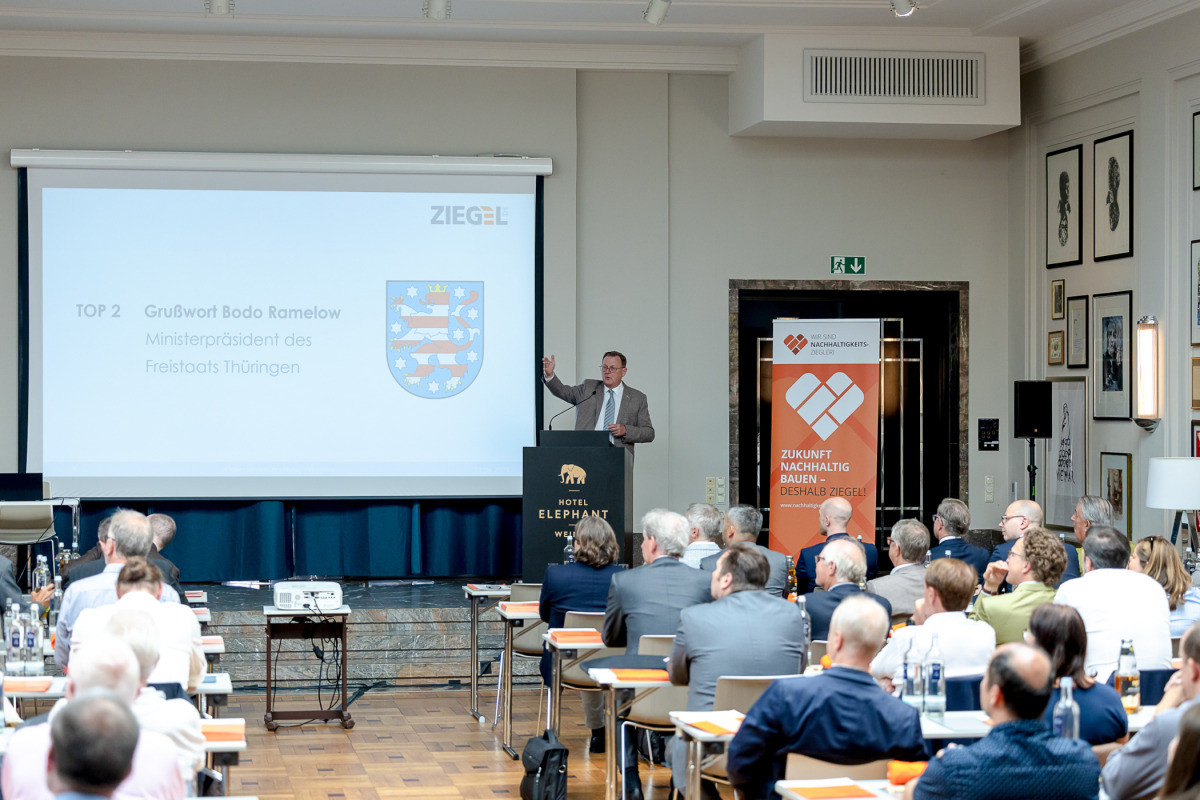German brick industry calls for "Marshall Plan" for housing construction
02.05.2023The Federal Association of the German Brick and Tile Industry (BVZi) urgently calls on the Federal Government to "turn the tide" in residential construction. Although the number of new dwellings rose slightly, the coalition government under the "traffic light" coalition government fell well short of the housing construction target it had set itself in the first year of its term in office. The mark of 400,000 new units to be built annually - including 100,000 social housing units - was broken under the most difficult economic conditions. Only 295,300 new flats were built. The minus amounts to 104,700 dwellings. Worse still - forecasts for 2023 of only about 250,000 and for 2024 less than 200,000 new dwellings are quite realistic. Yet the demand is gigantic. The Pestel Institute calculated at the beginning of the year that by the end of 2023 there will be a shortage of 700,000 flats in the affordable segment.
BVZi President Stefan Jungk: "We need a real new start".
"We need a 'Marshall Plan' immediately to solve the most burning social issue of our time - to create affordable housing for tens of thousands of citizens in the country quickly and on a large scale," warns BVZi President Stefan Jungk. "No party-political finger-pointing will help now. We no longer need just an update, but a real new start in housing policy," warns the Brick and Tile President.
Whether in new construction or refurbishment: Jungk shares the view of many industry experts that the federal government - as happened with the armed forces - must provide large special funds for the creation of affordable housing and social housing. Strong construction policy economic development programmes on which public and private investors as well as the housing and construction industries can reliably rely.
Construction turnaround requires openness to technology
The Federal Government has to regain the confidence of the market participants after last year's funding chaos, says the BVZi president: "The entire German industry, including our sector, needs long-term planning security. This is currently lacking. In addition to a secure and adequate funding framework for developers and investors, it is essential for us as a brick industry that the new start in residential construction is open to technology - without distortions of competition."
Jungk also sees the German government as having a duty to provide sustainable support for the transformation of the energy-intensive building materials industry on the way to climate neutrality in the implementation of the building turnaround.
Stefan Jungk: "In the energy sector in particular, all forces must be mobilised for the expansion and conversion of infrastructures for the transmission and use of green energies. If the fundamental framework conditions are right here, we can continue to make a significant contribution to residential construction in the future with our economical and sustainable brick construction method."






